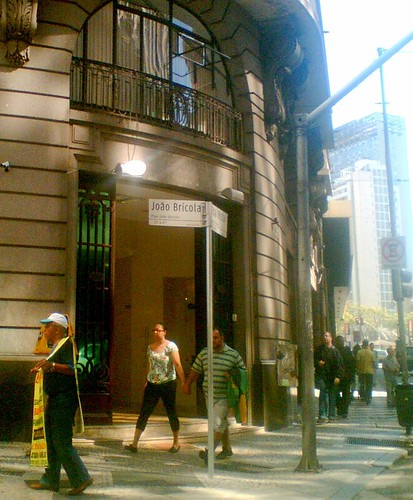And she fell for her own shadow
While others came closer
Then many were one
(post updated 31 aug, 20h29)
Heathrow. Oyster card. Tube. Clouds. Brasilian. Brasilian. Brasilian. Japanese. Brasilian. Indian. Paneer. Masala. Samosa. Water. Accent. Bus. Thames. Tower bridge. Tesco. Tired. Couchsurfing. Little sleep. Night. Beer. Fox. Bus. Club. Freedom. Pvtaria. Waaaaaait in the Bus station. Kingdom, reino. Sleep.
English breakfast. Beans!? Tea. Notting Hill. Soldados de chumbo. Blind guitar duo. People. Comics. People. People. Pub.
Camden. Stables. Lock. Stalls. 25 de Marco Mundo Mix. Cyberdog. Indian food, cheap & good. Horse hospital. Fine. Worlds end. More beer at home.
Shakespeare´s Globe. Thames. Bramah tea. Parliament. Tate Britain. Exhibition Road. Imperial College. Southkensington. Tube. Bermondsey.
Tube. Heathrow.
London reminds me of Porto Alegre. Nothing specific, but does indeed.
Cheers, mate!
Pictures on flickr.





